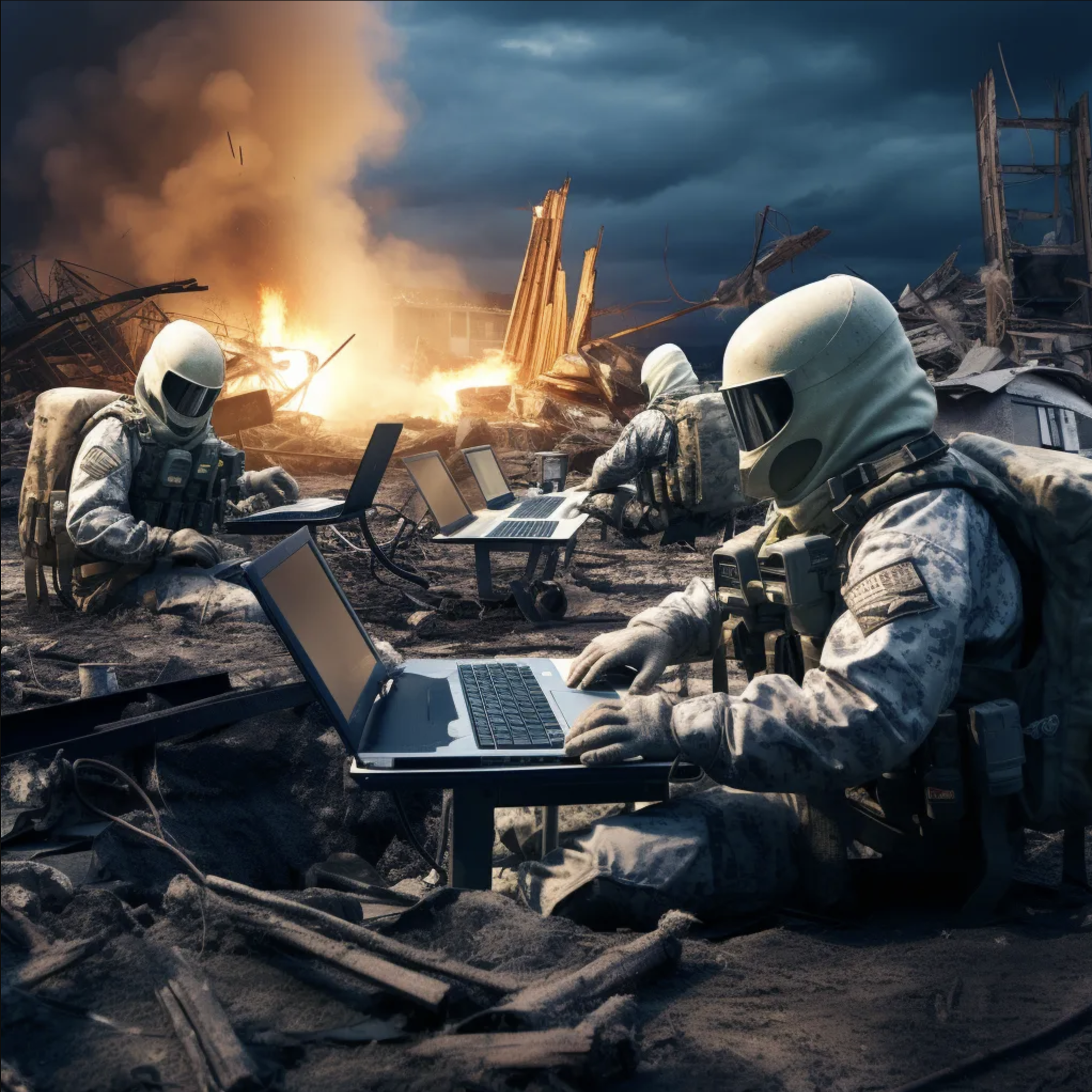Lumino’s Wikipedia Glossary: Edit War
Midjourney prompt: "an edit war on Wikipedia"
In the vast digital landscape of information, Wikipedia stands as a beacon of collaborative knowledge sharing. With millions of articles covering a myriad of topics, Wikipedia relies on the efforts of volunteer editors to maintain accuracy, neutrality, and reliability. However, within this community-driven platform, conflicts can arise, leading to what is known as a Wikipedia edit war.
What is a Wikipedia Edit War?
A Wikipedia edit war occurs when multiple editors engage in a persistent back-and-forth struggle, repeatedly making changes to a particular article. These changes may involve altering content, reverting edits made by others, or disputing the inclusion of certain information. Edit wars typically stem from disagreements over the accuracy, neutrality, or relevance of content within an article.
A Wikipedia page called Wikipedia:Lamest edit wars recaps some of the site's famous (and definitely lamest) disputes, including the epic Star Trek Into Darkness punctuation battle and the Pluto naming fracas.
Causes of Edit Wars
Several factors can contribute to the onset of an edit war on Wikipedia:
Difference in Opinion: Editors may have divergent views on how information should be presented or interpreted, leading to conflicting edits.
Conflicting Sources: Disagreements may arise when editors cite different sources to support their claims, especially if these sources are perceived to be biased or unreliable.
Neutrality Concerns: Maintaining a neutral point of view is a core principle of Wikipedia. Editors may engage in edit wars if they believe that certain content is biased or lacks neutrality.
Ownership of Articles: Some editors may develop a sense of ownership over specific articles, resisting changes that deviate from their preferred style or content.
Vandalism and Spam: Edit wars can also be triggered by malicious users attempting to vandalize or spam articles, prompting legitimate editors to revert these changes.
Consequences of Edit Wars
Edit wars can have several negative consequences for Wikipedia and its community of editors:
Deterioration of Content Quality: Continuous reverting and editing can degrade the quality of an article, making it less informative or reliable.
Disruption of Collaboration: Edit wars disrupt the collaborative editing process, hindering constructive dialogue and cooperation among editors.
Loss of Credibility: Persistent edit wars may undermine the credibility of Wikipedia as a trustworthy source of information.
Waste of Resources: Resolving edit wars consumes time and effort that could be better spent improving other articles or addressing more pressing issues.
Risk of Bans and Sanctions: Editors involved in edit wars may face sanctions, such as temporary or permanent bans from editing Wikipedia.
Conflict Resolution Strategies
To mitigate edit wars and promote constructive collaboration, Wikipedia has established guidelines and strategies for conflict resolution:
Discussion and Consensus-Building: Editors are encouraged to discuss disagreements on article talk pages, seeking input from other editors and striving to reach a consensus.
Use of Reliable Sources: Emphasizing the use of reliable, verifiable sources helps mitigate disputes over the accuracy and validity of information.
Neutral Point of View: Editors should adhere to Wikipedia's policy of neutrality, presenting information in a balanced and impartial manner.
Dispute Resolution Noticeboard: Wikipedia provides a platform for editors to seek assistance from administrators and experienced users through the dispute resolution noticeboard.
Mediation and Arbitration: In cases where disputes cannot be resolved through regular channels, Wikipedia offers mediation and arbitration processes to facilitate resolution.
Conclusion
Wikipedia edit wars are a manifestation of the challenges inherent in collaborative online editing. While conflicts may arise, it's crucial for editors to prioritize constructive dialogue, consensus-building, and adherence to Wikipedia's core principles. By fostering a culture of cooperation and mutual respect, Wikipedia can continue to thrive as a reliable source of knowledge for millions of users worldwide.

